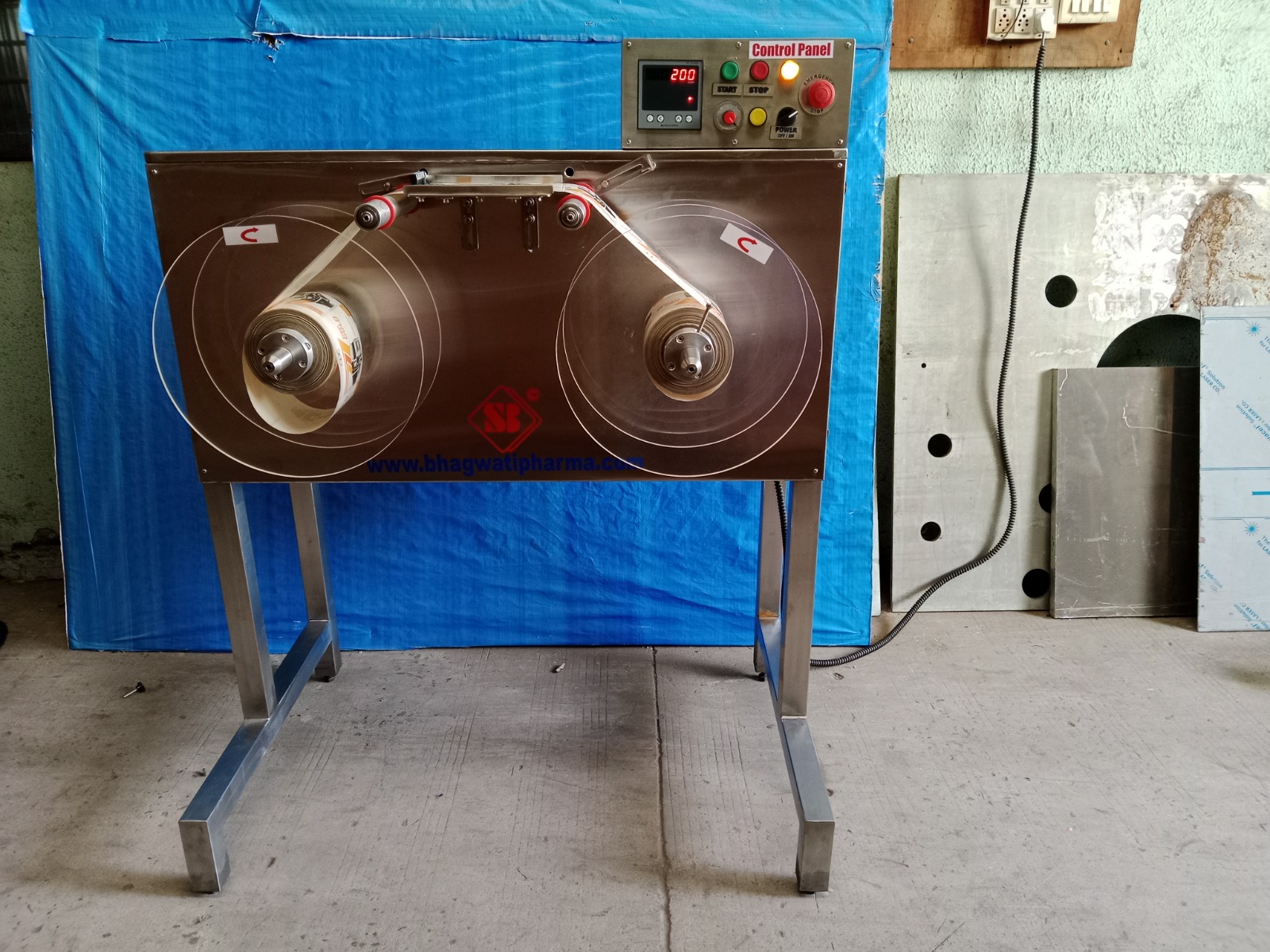In the intricate world of food packaging, where information, branding, and safety converge, label rolls play a crucial role. These unassuming rolls of labels are integral to the packaging process, ensuring not only compliance with regulations but also conveying accurate information and contributing to the overall safety of consumers. This article examines the indispensable role of label rolls in the food packaging industry, with a focus on compliance and safety considerations.
Role of Label Rolls in Food Packaging
Label rolls, at their core, are reels of adhesive-backed material that carry essential information about a product. In food packaging, these rolls serve as the primary vehicle for conveying details such as ingredients, nutritional facts, allergen warnings, and branding. They are designed to adhere securely to packaging surfaces, providing a clear and concise means of communication between manufacturers and consumers.
Compliance with Regulatory Standards
Adhering to regulatory standards is paramount in the food packaging industry. Label rolls play a critical role in ensuring compliance by providing a platform for the inclusion of required information. From country-specific labeling regulations to industry standards, label rolls contribute to traceability and accountability, helping manufacturers meet legal requirements and maintain the integrity of their products.

Ensuring Accurate Information
Accurate product information is a cornerstone of consumer trust. Label rolls, through precise printing and information placement, contribute to providing consumers with reliable details about the contents of the packaged food. Compliance with labeling requirements for ingredients, nutritional facts, and serving sizes is essential, and label rolls are instrumental in achieving this accuracy.
Safety and Allergen Notifications
The safety of consumers is a top priority in the food industry. Label rolls play a crucial role in communicating safety information, including allergen notifications. Clear and concise labels help individuals with allergies make informed choices, contributing to overall consumer safety and well-being.
Material Considerations for Label Rolls
Choosing the right materials for label rolls is essential to ensure durability and safety during the packaging and transportation of food products. Labels must withstand various environmental conditions, such as temperature variations and moisture, to maintain legibility and adhesion. Selecting suitable materials contributes to the overall quality and safety of the labeling process.
Customization for Branding
Beyond compliance and safety, label rolls are powerful tools for branding in the food industry. Customized labels contribute to brand identity, allowing manufacturers to showcase their products uniquely. Branding through label rolls extends beyond visual appeal, fostering recognition and loyalty among consumers.
Labeling Technology Advancements
Advancements in labeling technologies have revolutionized the industry. Modern label rolls incorporate cutting-edge printing technologies, including high-resolution printing and variable data printing. These advancements contribute to improved labeling accuracy, efficiency, and the ability to incorporate dynamic information such as QR codes for enhanced consumer engagement.
Quality Control in Label Printing
Maintaining high-quality label printing is crucial for effective communication and consumer satisfaction. Quality control measures in the production of label rolls ensure that labels meet stringent standards for clarity, color accuracy, and adhesion. Consistency in label quality reflects positively on the overall image of the packaged product.
Environmental Considerations
Sustainable practices in label roll production and disposal are gaining prominence in the food packaging industry. Manufacturers are increasingly exploring eco-friendly options, such as biodegradable label materials and environmentally conscious printing processes. The adoption of such practices contributes to reducing the environmental impact of label rolls in the overall packaging lifecycle.
Challenges in Labeling and Solutions
While label rolls play a pivotal role in food packaging, challenges may arise, such as label misalignment or adhesive issues. Innovative solutions, including automated label application systems and advanced adhesive technologies, address these challenges, ensuring smooth and efficient labeling processes.
Considerations for Choosing Label Roll Suppliers
Selecting reliable label roll suppliers is a critical decision for food manufacturers. Factors such as the supplier’s reliability, commitment to quality, and adherence to industry standards should be carefully evaluated. Choosing a reputable supplier contributes to the seamless integration of label rolls into the packaging process.
Conclusion
In conclusion, label rolls play a multifaceted and indispensable role in the food packaging industry. Beyond being carriers of information, they are key contributors to compliance, safety, and branding efforts. As technology continues to advance and environmental considerations gain prominence, label rolls will remain at the forefront of ensuring that packaged food products meet the highest standards of quality and transparency.














